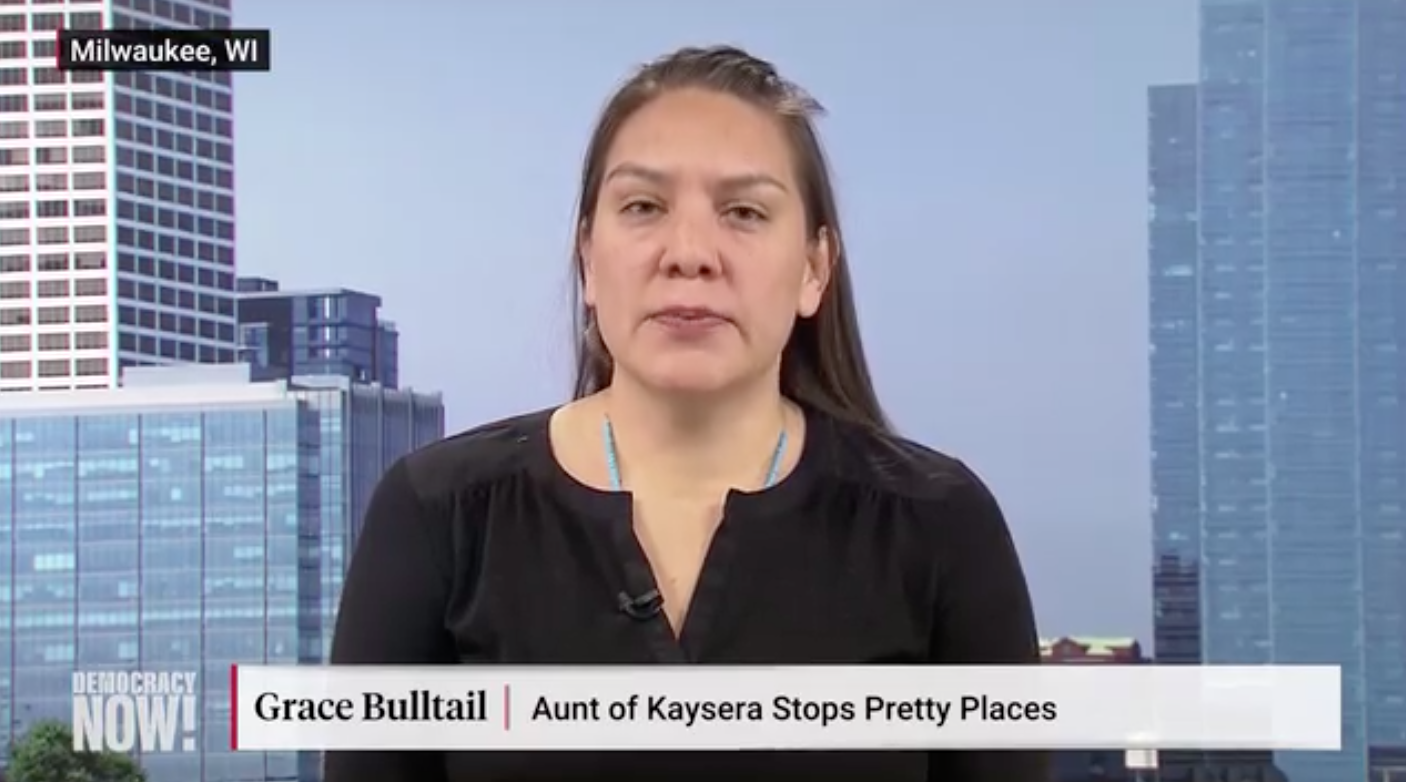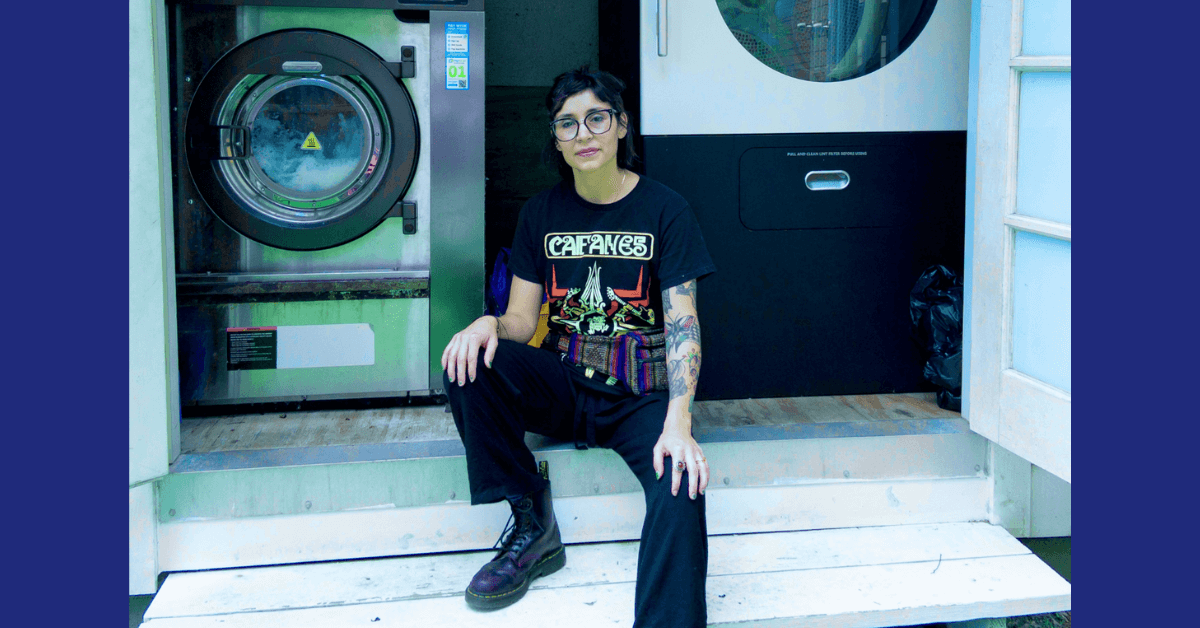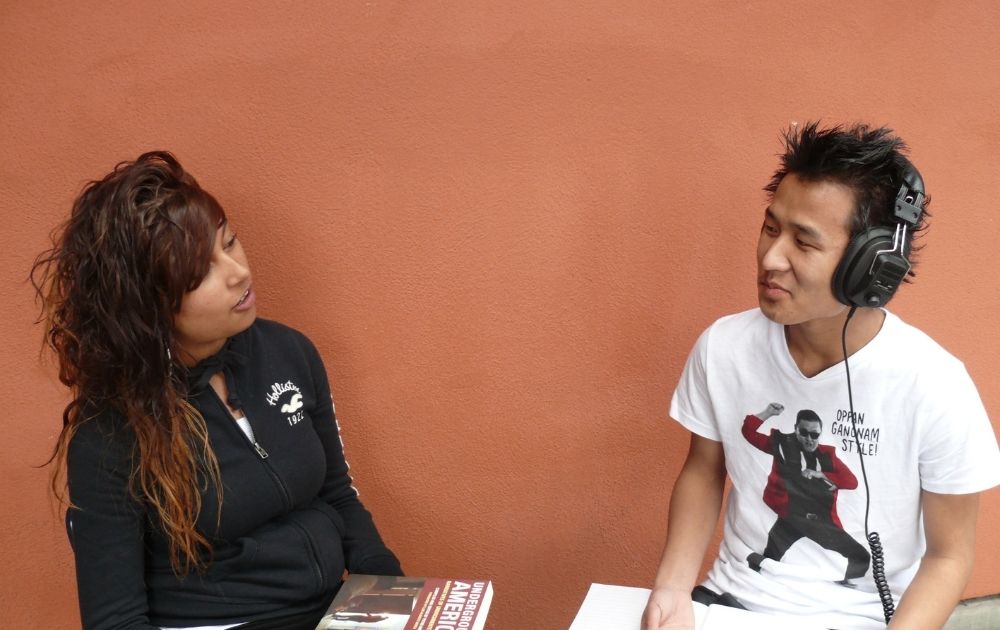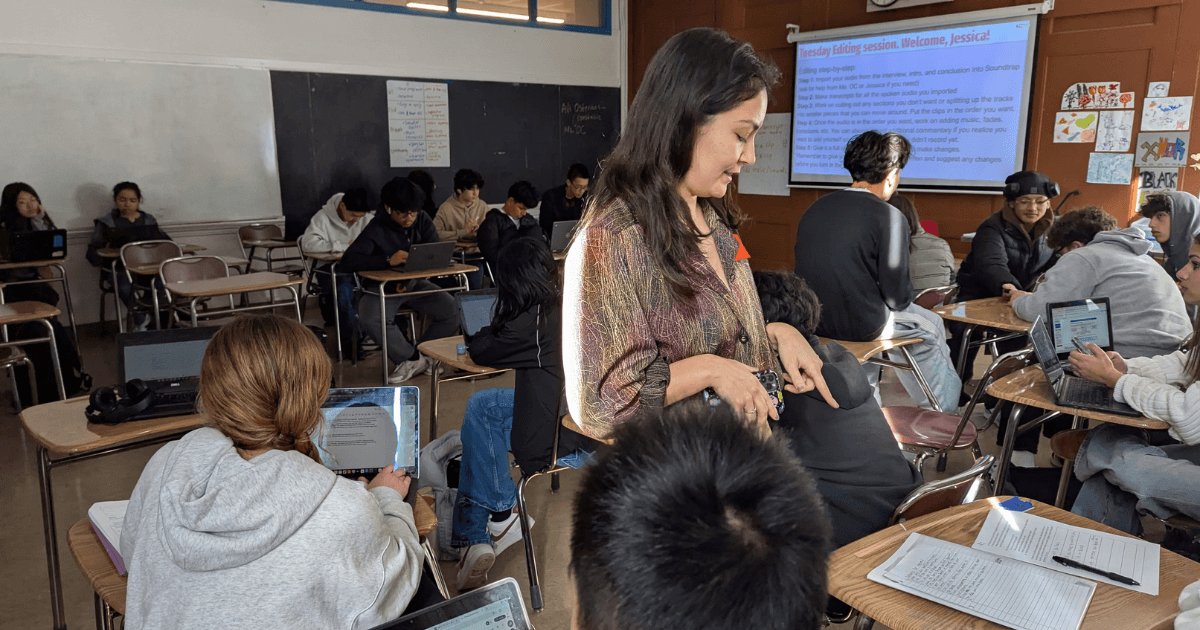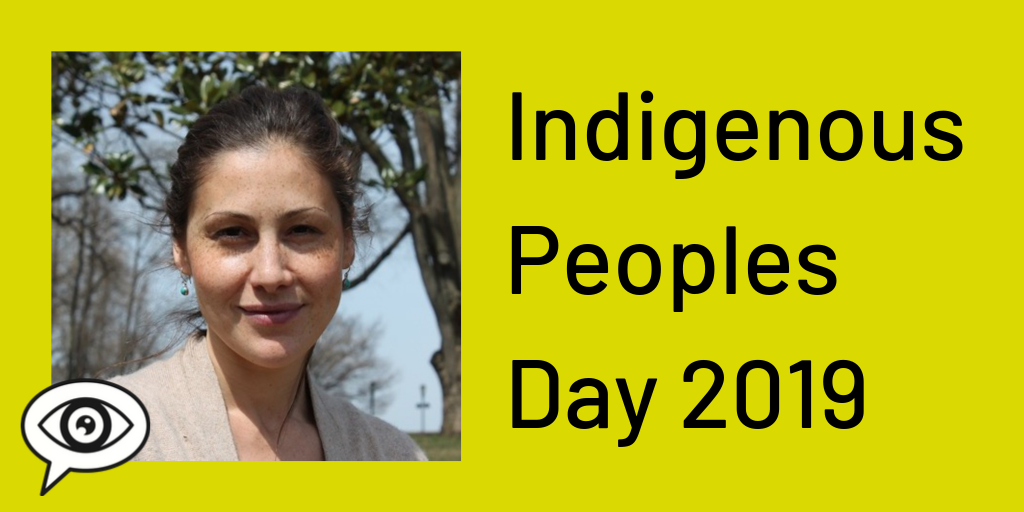
Sara Sinclair is the editor of How We Go Home, one of Voice of Witness’s forthcoming oral history projects. How We Go Home shares the voices and experiences of Indigenous people in the US and Canada. Sara shared the update below with us for Indigenous Peoples Day, illuminating one of the injustices Native communities are facing across North America.
My own desire to make Indigenous history more widely accessible and my belief that oral history could provide a great tool toward this aim came about shortly after I moved to New York City to attend Columbia University’s Oral History Master of Arts program. Shortly after arriving in the city, I went to my first Fry Bread Friday, a monthly gathering in the West Village apartment of Rick Chavolla (Kumeyaay) and his wife, Anna Ortega-Chavolla. The couple has worked in educational, socioeconomic, and justice circles for decades, and they are mentors and friends to a host of Native American students in the city. The first night I attended, the fry bread brought members of the Cree, Crow, Navajo, Akwesasne Mohawk, and Oglala Lakota Nations together in our hosts’ living room. From reservations and cities across the continent, everyone had traveled a long way to achieve their positions as students and faculty at New York University and Columbia University. Grace Bulltail (Crow) was one of those students. Grace became the first woman I interviewed towards my thesis at Columbia.
Grace has just lost her niece, Kaysera Stops Pretty Places, to what the family believes is a murder. The family is demanding justice, and says local law enforcement in Big Horn County are failing to treat her sudden disappearance and death as foul play. Kaysera’s death has fallen into a well-known jurisdictional loophole, and neither the state nor the federal government is investigating the crime.
Grace spoke out about this on Democracy Now!:
As Democracy Now! reports, Kaysera is among at least 27 Indigenous girls and women reported missing or murdered in Big Horn County in the past decade. Since 2010, there have also been at least 134 cases of missing or murdered Indigenous girls and women in the state of Montana.
How can we take action to end the crisis of missing and murdered Indigenous women and girls?
There are many organizations doing important work around these issues. For a brief overview of the crisis and of movements, campaigns, legislation, and resources to learn more and get involved, explore this list.
To learn more about Sara Sinclair and our forthcoming book, How We Go Home: Voices from Indigenous North America, read our Q&A with Sara here.

